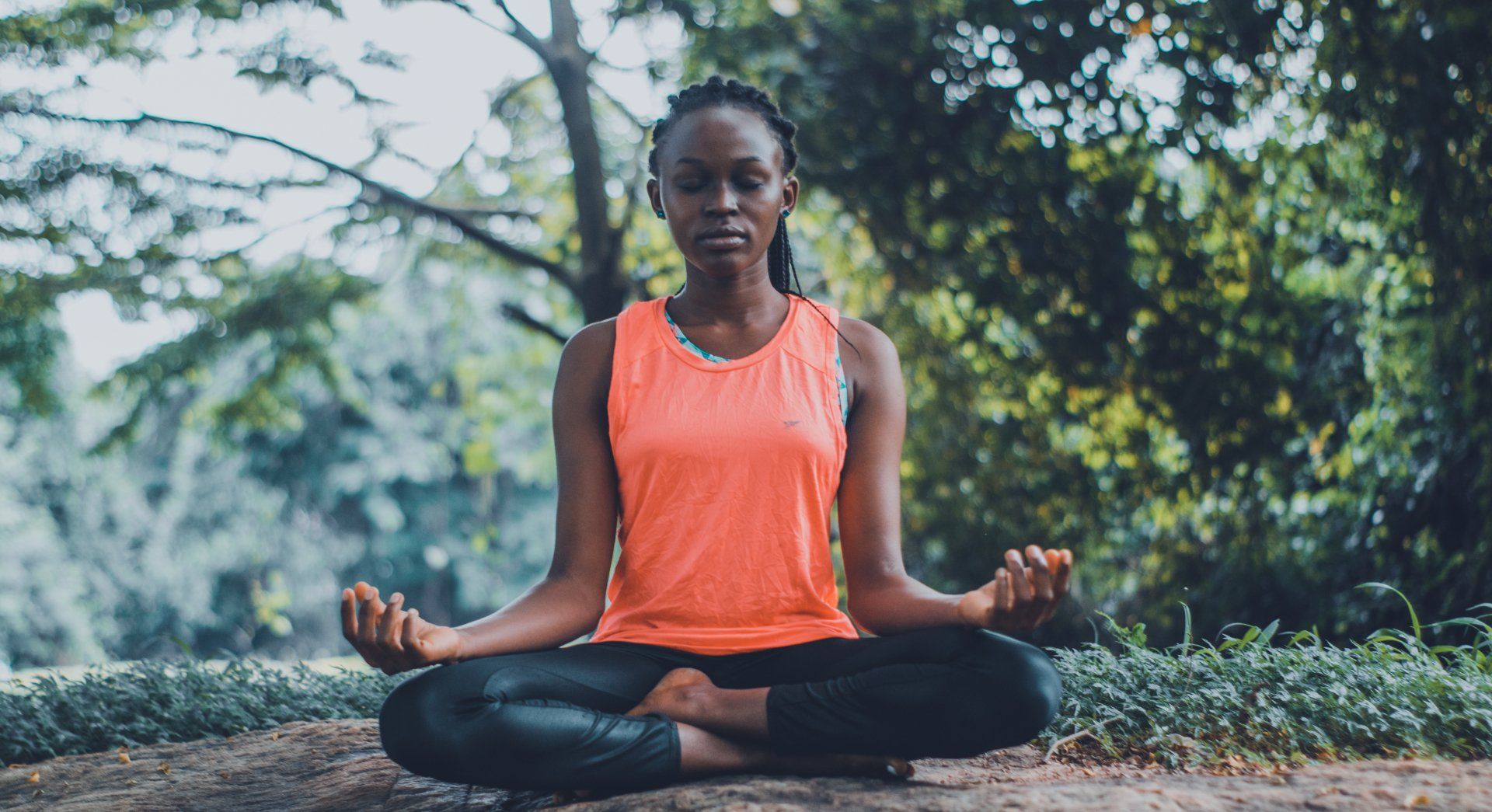Reasons For Doing a Digital Detox
How to Do a Digital Detox
Some might suggest that a true digital detox would involve predefined abstinence from any and all digital devices and social media connections, but it is important to make your device usage work for your own life and demands.
Detaching from your devices can benefit your mental well-being, but doing a digital detox does not have to involve a complete separation from your phone and other tech connections. The process is often more about setting boundaries and making sure that you are using your devices in a way that benefit, rather than harm, your emotional and physical health.
Be Realistic
If you can do a complete digital detox for a certain amount of time, it might be something you want to try. Being completely disconnected can feel liberating and refreshing for some people. For a lot of people, completely forgoing all forms of digital communication might not be possible, particularly if you really do rely on staying connected for work, school, or other obligations.
This doesn’t mean that you can’t enjoy the benefits of a digital detox; the key is to make disconnecting something that works for your schedule and your life.
If you need your devices during the day for your job, try doing a mini-detox at the end of the workday. Pick a time when you want to turn off your devices, and then focus on spending an evening completely free of things like social media, texting, online videos, and other electronic distractions.
Set Limits
While it isn’t always possible or even preferable to completely disconnect, setting limits on when these digital connections are allowed to intrude on your time can be good for your mental well-being.
For example, you might want to use your phone to play your Spotify or Apple Music playlist while you are working out, but setting it to airplane mode will make sure that you aren’t distracted by phone calls, texts, other messages, or app notifications during your workout.
Setting boundaries on the type and timing of connections you’ll attend to helps ensure that you can enjoy real-world activities completely free of digital diversions.
Other times when you might want to limit your digital device usage include:
- When you are eating meals, particularly when dining with other people
- When you are waking up or going to bed
- When you are working on a project or hobby
- When you are spending time with friends or family
- Before you go to sleep each night
Research suggests that limiting your social media use to approximately 30 minutes per day can significantly improve well-being, decreasing symptoms of loneliness and depression.
Restricting your mobile device usage immediately before you go to sleep may also be helpful. One review of the research found that using media devices was linked to poor sleep quality, inadequate sleep, and excessive daytime sleepiness. Skip laying in bed playing on your phone and instead try reading a book or magazine for a few minutes before you go to sleep.
Remove Distractions
Another way to start your digital detox is to turn off push notifications on your phone. Many social media apps including Facebook, Instagram, Twitter, Pinterest, and news websites send alerts every single time you get a message, mention, or new post.
Rather than checking certain apps or websites every time a new story or post hits, set aside a specific time each day when you’ll check your messages or mentions. Then set aside a certain amount of time, around 20 or 30 minutes, to devote to catching up and sending responses.
You might find that it's helpful to leave your phone behind for at least a brief time. Studies have found that the mere presence of a mobile device, even if you aren’t actively using it, lowers empathy levels and decreased conversation quality when interacting with other people, a phenomenon researchers have dubbed ‘the iPhone effect.’
So the next time you are having dinner with a group of friends, try leaving your phone at home.
Make It Work for You
A digital detox can be whatever you want it to be and can take many forms. You might want to try giving up all digital devices for a time, including television, mobile phones, and social media. In other cases, you might want to focus on restricting your use of just one type of digital device such as your phone or your gaming console.
Some ideas that you might consider trying:
- A digital fast: Try giving up all digital devices for a short period of time, such as a day or up to a week
- Recurrent digital abstinence: Pick one day of the week to go device-free
- A specific detox: If one app, site, game, or digital tool is taking up too much of your time, focus on restricting your use of that problematic item
- A social media detox: Focus on restricting or even completely eliminating your social media use for a specific period of time
Digital Detox Tips
Some people find giving up their devices fairly easy. Others will find it much more difficult and even anxiety-provoking at times.
There are some things that you can do to ensure that your digital detox is more successful:
- Let your friends and family know that you are on a digital detox and ask for their help and support
- Find ways to stay distracted and keep other activities on hand
- Delete social media apps from your phone to reduce temptation and easy access
- Try getting out of the house; go to dinner with friends or go for a walk when you are tempted to use your device
- Keep a journal to track your progress and write down your thoughts about the experience
Going device-free can be uncomfortable and stressful at times. You might feel annoyed, anxious, and even bored without your mobile phone and other tech tools. While it may be hard, it can be a rewarding experience that will help you better understand your relationship with your devices and be more present and mindful in your other activities and experiences.
At Eaton Chiropractic we look at your body and your life as a whole. If you have a friend, family member or coworker who is looking to truly elevate their health have them give the team a call at 770-429-9733 for an initial consultation done at our expense. We are in network with all insurance, including Medicare and Kaiser.
SHARE THIS POST:
Leave a Comment:
Recent Articles:






Revitalize Your Health Now!
Take the first step towards a vibrant life. Schedule your consultation today and let Eaton Chiropractic transform your well-being. Your journey to health starts here!





